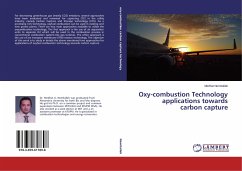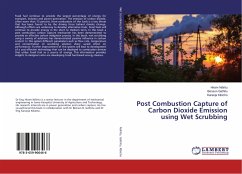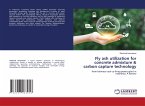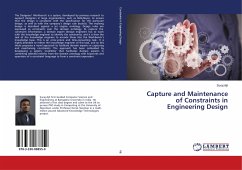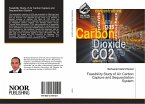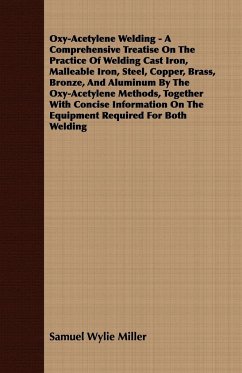For decreasing greenhouse gas (mainly CO2) emissions, several approaches have been evaluated and reviewed for capturing CO2 in the utility industry, namely Carbon Capture and Storage technology (CCS). As a promising CCS technology, oxyfuel combustion can be used in existing and new power plants. There are two main approaches available to utilize the oxycombustion technology. The first approach is the use of air separation units to separate O2 which will be used in the combustion process in conventional combustion systems like gas turbines. The other approach is the use of ion transport membrane (ITM) reactor technology. The objective of this work is to study in details the above mentioned two approaches for applications of oxyfuel combustion technology towards carbon capture.
Bitte wählen Sie Ihr Anliegen aus.
Rechnungen
Retourenschein anfordern
Bestellstatus
Storno

